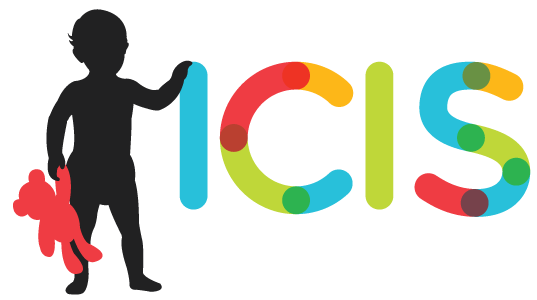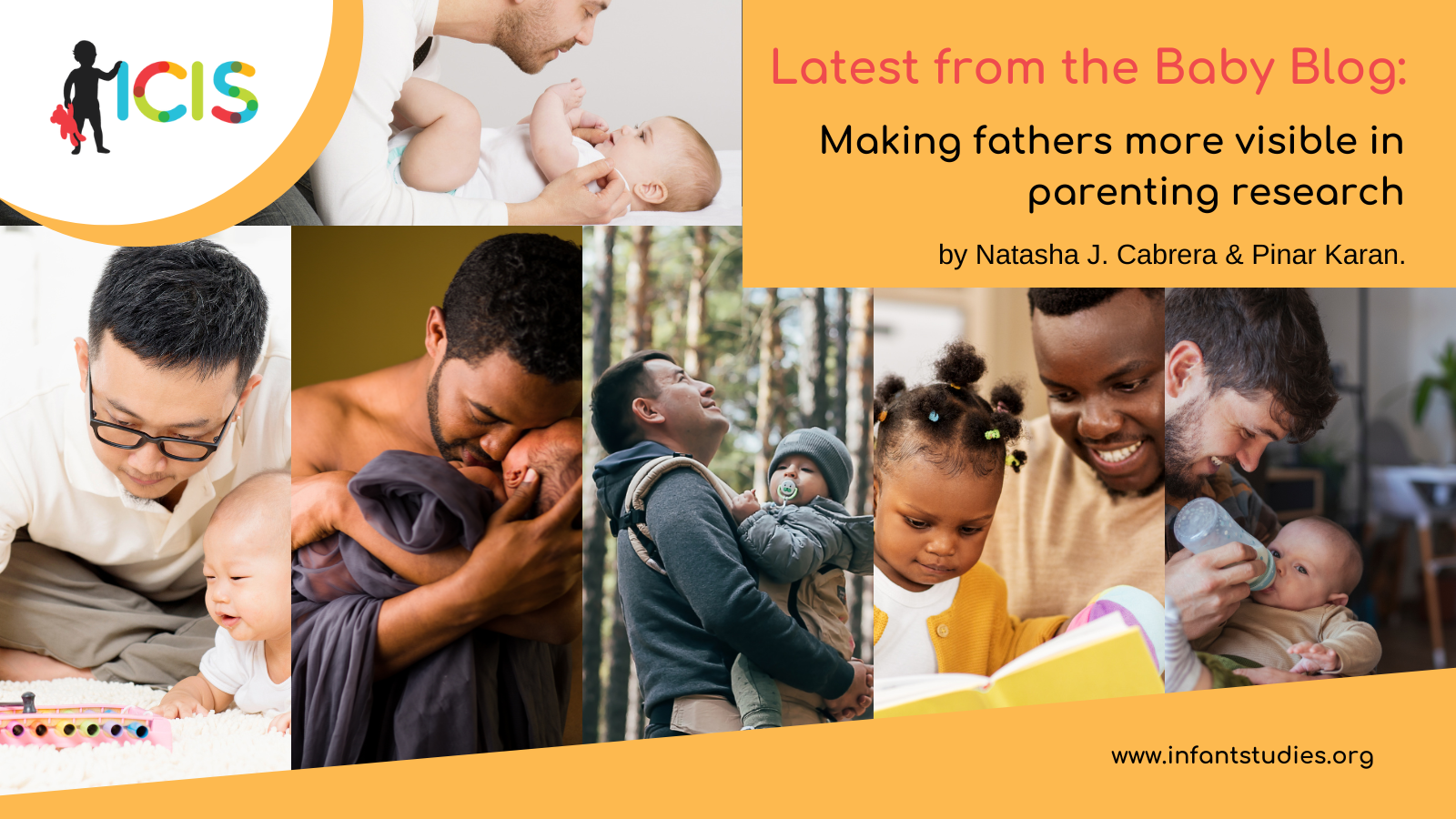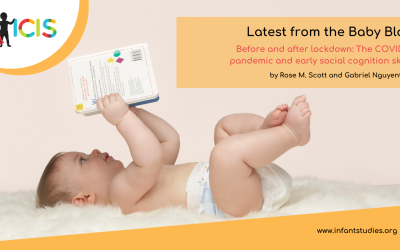In 2018, my colleagues and I wrote an article emphasizing the non-contested fact that fathers are parents too, and that research on parents should intentionally include them (Cabrera, Volling, & Barr, 2018). We made the case that research that only includes mothers should explicitly say so in the title, and should not use the term “parents.” The term “parents” should be used only when studies include both mothers and fathers. One of the reasons research on mothers’ parenting was labeled “parenting” instead of “mothering” is that it was based primarily of two-parent married families where mothers’ views and perceptions on parenting were assumed to be the same as fathers.’ Of course, from our own personal experiences and from research, we know that this is not the case. Even when parents live together, they often have different views about child rearing, different goals for their children, and different rules for how to parent more generally.
Moreover, in contemporary Western society, the living arrangements of children are very diverse and so are families. Children today live in households with same-sex, cohabiting, non-resident, adoptive or stepparents (Federal Interagency Forum on Child and Family Statistics, 2023). Thus, focusing on two-parent heterosexual families or assuming that mothers are the same as fathers or are the “only parent” misrepresents the reality of children’s everyday lives. Of course, children’s experiences in diverse households are different from those of children living in two-parent families (Bzostek & Berger, 2017).
We also know from research that the relationships and interactions children have with their mothers are very different from their relationships and interactions with their fathers. Research tells us that fathers are not the same as mothers, and their contributions to child development are unique and independent from the contributions of mothers (Cabrera, Fitzgerald, Bradley, & Roggman, 2014). For example, a father who was participating in one of my studies was asked to play with his baby while we videotaped. The father was holding a plastic “green pepper” and he said to his baby “well, I think there’s a seventy percent chance that this is a pepper.” Typically, mothers don’t use probability to describe objects to their infants. The unique way in which fathers engage with their children is one of the most important insights from parenting research because it suggests that if we want to understand the influence of parents—mothers and fathers—on children’s development, we must be intentional about recognizing the influence of multiple caregivers on development, and (if necessary) make a case for including only one parent. Of course, it is perfectly valid and legitimate to study only mothers or to study only fathers. But if researchers choose to focus on one parent, like mothers, at the very least they should control for the effects of the fathers.
Against this backdrop, we want to emphasize a couple of things about fathers.
First, we now have a lot more data on fathers and their children! An exciting development in research on fathers over the last couple of decades is that there are now a lot more data and studies that focus on fathers’ impact on children’s development. (Not enough, in my opinion, but it’s tremendous progress). More importantly, there are many researchers who collect observational data on fathers and their children, including data from fathers in low-income families (Helmerhorst, Majdandžić, & Cabrera, 2023). This is no small feat. As we all know, observational research is terribly costly and difficult to do even when it is well funded. Thus, having observational data on fathers is a huge gain for the field. When I started working on father research more than twenty years ago, observational data on father-child relationships was very limited, and what was available focused primarily on middle-class parents (Cabrera, Tamis-LeMonda, Bradley, Hofferth, & Lamb, 2000). This left a huge gap in our understanding of how other types of fathers—for instance, fathers in low-income households who did not live full-time with their children—establish healthy and nurturing relationships with their children. This gap forced policymakers and others to use survey data on “fathering behaviors,” which often excluded nonresident fathers and yielded null findings. This lack of findings on fathers’ nurturing role reinforced the view that fathers’ financial responsibility was their sole and most important contribution to their children’s well-being.
There is now a strong body of research demonstrating that fathers’ contribution to their children’s development is beyond financial. Fathers engage with their children in similar and complementary ways to mothers, but also in different ways (Cabrera et al., 2000). For example, fathers are more likely than mothers to engage in rough-and-tumble play and encourage children to take risks and get out of their comfort zone, and these behaviors positively predict children’s social competence (Deneault et al., 2021; Fletcher, StGeorge, J., & Freeman, 2013; Majdandžić, de Vente, & Bögels, 2016). Most notably, there’s a small but suggestive body of research demonstrating that fathers engage with their children in more linguistically challenging ways than do mothers, and that this challenging language is uniquely and strongly related to language development (Malin, Cabrera, & Rowe, 2014; Pancsofar & Vernon-Feagans, 2006).
Second, not all fathers are the same! All of us know that being a Black parent in the U.S.A. is different from being a White parent. We also know that being poor or having lower levels of education are tremendous challenges that impact the lives of parents and their children. Our research on the normative parenting practices of mothers and fathers in non-White and low-socioecomomic families is at its infancy, no pun intended. And most of the available research on children and parents in low-income families primarily focuses on challenges and adversities rather than on strengths and protective factors. It is informative that there is comparatively little research on poor White families as well as on middle-class families of color. In the absence of this research, we make assumptions about parents based on a small segment of the population. This creates a deficit perspective that not only fuels stereotypes, but also makes us blind to the resilience of families and the intentionality of their parenting choices.
I’m reminded of an interview I conducted with a father from a low-income family for one of our studies. He acknowledged that although balancing work and family is very stressful, it is important for parents to shield children from that stress: “Every day the same thing [long working hours and no time for my children], except Saturdays, …today she woke up first and she said “daddy, I want waffles, I want to go to Los Gringos…Saturdays we automatically have breakfast together in Los Gringos…” Disappointingly, there are virtually no studies on how fathers in low-income families balance work and parenting. If fathers are parents too, and we care about how parenting impacts children’s wellbeing, we need to ensure that our research reflects the reality of all parents, and not just those in families that look similar to our own.
References
Bzostek, S. H., & Berger, L. M. (2017). Family structure experiences and child socioemotional development during the first nine years of life: Examining heterogeneity by family structure at birth. Demography, 54(2), 513-540.
Cabrera, N. J., Fitzgerald, H. E., Bradley, R. H., & Roggman, L. (2014). The ecology of father‐child relationships: An expanded model. Journal of Family Theory & Review, 6(4), 336-354.
Cabrera, N. J., Volling, B. L., & Barr, R. (2018). Fathers are parents, too! Widening the lens on parenting for children’s development. Child Development Perspectives, 12(3), 152-157.
Cabrera, N., Tamis‐LeMonda, C. S., Bradley, R. H., Hofferth, S., & Lamb, M. E. (2000). Fatherhood in the twenty‐first century. Child development, 71(1), 127-136.
Federal Interagency Forum on Child and Family Statistics. (2023). America’s children: Key national indicators of well-being, 2023. Washington, DC: U.S. Government Printing Office.
Fletcher, R., StGeorge, J., & Freeman, E. (2013). Rough and tumble play quality: Theoretical foundations for a new measure of father–child interaction. Early Child Development and Care, 183(6), 746-759.
Helmerhorst, K., Majdandžić, M., & Cabrera, N. J. (2023). Introduction to Special Issue: Contributions of father-child relationship to children’s development within the larger family system: A focus on observational
measures. Early Childhood Research Quarterly, 63, 39-42.
Majdandžić, M., de Vente, W., & Bögels, S. M. (2016). Challenging parenting behavior from infancy to toddlerhood: Etiology, measurement, and differences between fathers and mothers. Infancy, 21(4), 423-452.
Malin, J. L., Cabrera, N. J., & Rowe, M. L. (2014). Low-income minority mothers’ and fathers’ reading and children’s interest: Longitudinal contributions to children’s receptive vocabulary skills. Early Childhood Research Quarterly, 29(4), 425-432.
Pancsofar, N., & Vernon-Feagans, L. (2006). Mother and father language input to young children: Contributions to later language development. Journal of applied developmental psychology, 27(6), 571-587.
About the Author

Natasha Cabrera
University of Maryland
Natasha Cabrera received her Ph.D. in Educational and Developmental Psychology from the University of Denver and her MA degree from the University of Toronto. Dr. Cabrera joined the University of Maryland faculty in 2002 and arrived with several years of experience as an SRCD Executive Branch Fellow with the National Institute of Child Health and Human Development (NICHD). Her current research topics include: father–child and mother–child relationships, predictors of adaptive and maladaptive parenting, children’s social and emotional development in different types of families and cultural /ethnic groups, and, the mechanisms that link early experience to children’s later cognitive and social development. She has published in peer–reviewed journals on policy, methodology, theory and the implications of minority fathers’ and mothers’ parenting on children’s cognitive and social development. She is the co-editor of the Handbook of Father Involvement: Multidisciplinary Perspectives, second edition (2012), and two co-edited volumes entitled Latina/o Child Psychology and Mental Health (2011). She won the National Council and Family Relations award for Best Research Article regarding men in families in 2009.

Pinar Karan
University of Maryland
R. Pınar Karan is a first-year doctoral student in the HDQM program at UMD, under the supervision of Prof. Natasha J Cabrera. She received her B.A. in Psychology from Boğaziçi University in 2020. She received her MA at Boğaziçi University under the supervision of Prof. Feyza Çorapçı in 2020. Her research interest includes father-child dyad relationships and the role of fathering in children’s socioemotional development.




